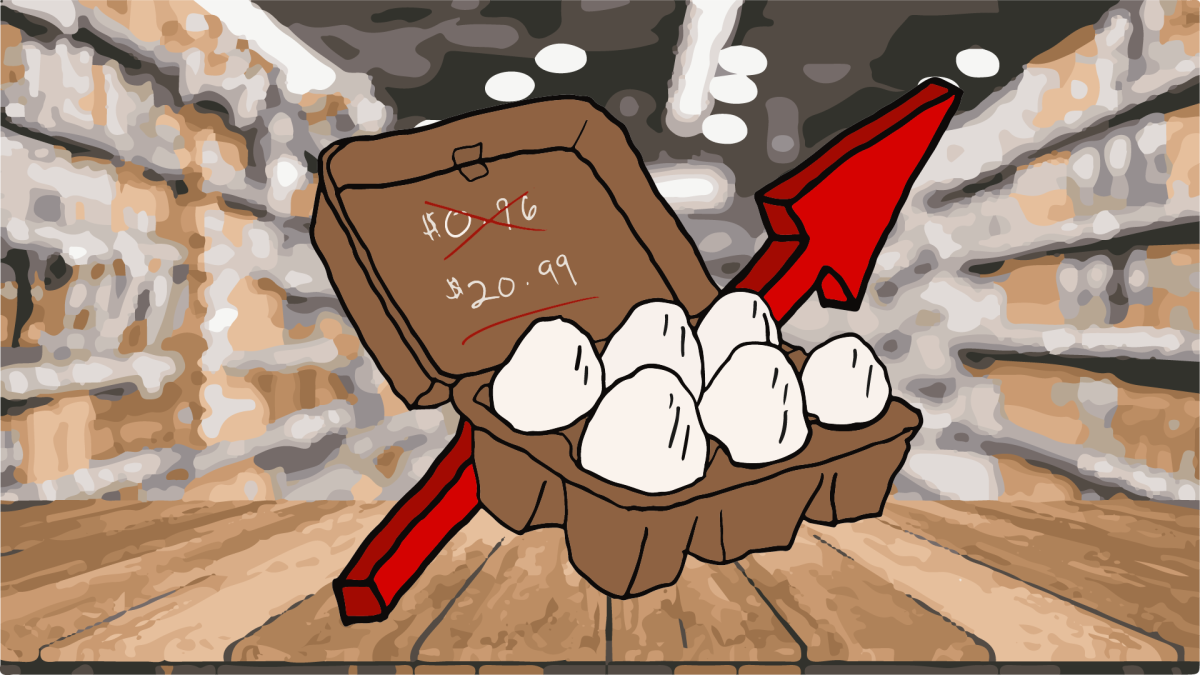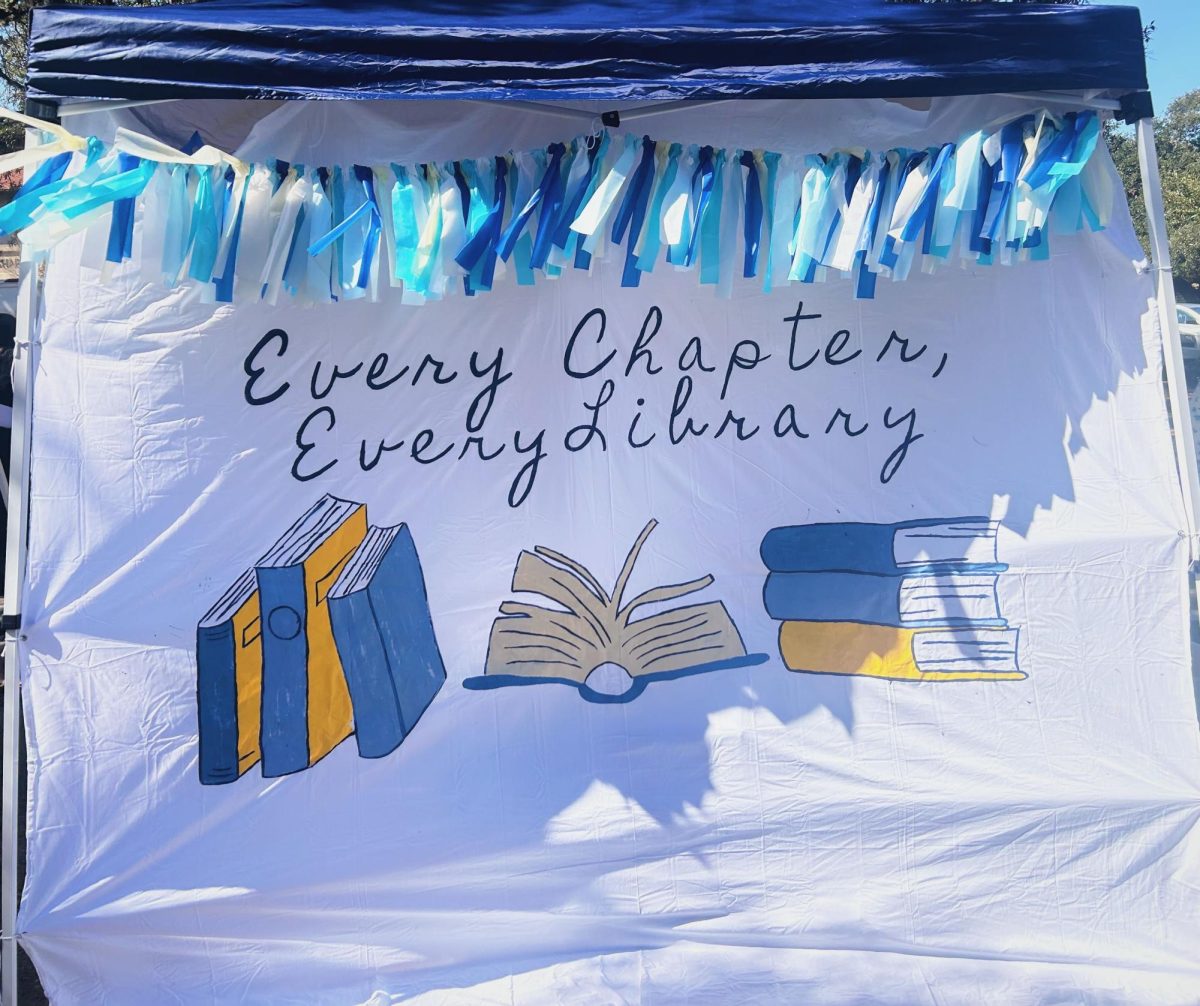Bordering Switzerland and Monaco and fenced in by the French Alps on three sides, the University Joseph Fourier in Grenoble, France, boasts some of the most promising collegiate research in all of Europe — and now LSU students will have access to it.
After visiting LSU in February 2015, UJF Vice President of International Relations Anne Milet became intrigued by the main campus’ academic environment. She collaborated with LSU staff to write an Erasmus+ grant funded by the European Union, a politico-economic union of 28 European states.
According to its website, the Erasmus program is one of the world’s largest undergraduate student mobility programs and allows students from across Europe to complete their studies at different European universities. Erasmus+, the newest version of the program, opened up the program to the rest of the world.
LSU was eligible for an Erasmus+ grant this year and, with Milet’s assistance, is one of the few American universities with access to the program. LSU became the first American university to enter into a strategic partnership with UJF.
Randy Duran, LSU’s Cain Chair for STEM Literacy, said the grant will allow LSU and UJF to exchange a total of six students to engage in chemistry-related research over a period of two years.
“What we hope is that the first two students from LSU will go this January,” Duran said.
LSU Chemistry Department Undergraduate Adviser Linda Allen is coordinating a campus-wide competition for students interested in the program. Faculty and staff applications are also open with a Nov. 15 deadline.
Allen said LSU will send four students to Grenoble for five months each, while UJF would send two students to Baton Rouge for 10 months each.
Duran said LSU will also send eight faculty members for one week each and four staff members for about three weeks each in exchange for 12 UJF faculty and staff.
The grant will cover participating students’ travel, tuition and most living expenses, Allen said. Students would only be expected to pay extraneous expenses, such as meals and transportation.
She said students visiting Grenoble would enroll as full-time LSU students rather than having to enroll at UJF.
“It’s like doing study abroad, except that mom and dad don’t have to pay $20,000 extra,” Duran said.
Allen said the LSU students will spend the spring semester taking courses at UJF and continue their chemistry research throughout the summer in Grenoble.
When recruiting and selecting student applicants, she said she looked mostly for chemistry majors with strong backgrounds in research.
“This is giving [LSU students] a wide variety of research opportunities that would enhance the research they’ve already been doing here at LSU,” Allen said.
Duran said most classes at UJF are taught in English, which he hopes will appeal to potential applicants. He said the “international town” feel of Grenoble should make American students feel more comfortable than they would in a non-English-speaking city such as Paris.
Aside from UJF’s premier science and technology laboratories, Duran said Grenoble also serves as a hub of Winter Olympics activity and history.
For the Euro equivalent of $2, Duran said visitors can take a public bus to the bottom of the ski slopes used in the 1968 Olympics.
He said he would encourage students to apply for the program because it will better prepare them for global society.
“It’s just a beautiful alpine valley with a world-class university,” Duran said.
Erasmus+ grant allows LSU students to research in Grenoble, France
October 12, 2015
More to Discover









